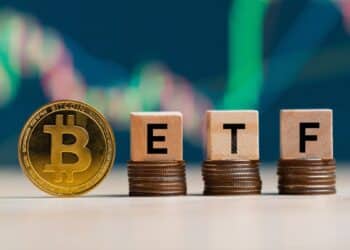Plato Investment Management’s senior portfolio manager, Peter Gardner, told SMSF Adviser that following a solid year for tax-exempt investors where franking credits and buybacks had added over 3 per cent to their after-tax return, these figures were likely to shrink somewhat in FY20.
“We think the ‘dividend bonanza’ in FY19, including off-market buybacks, will revert back to normal in FY20,” Dr Gardner said.
“So far we have seen off-market buybacks from Qantas and McMillan Shakespeare, which are much smaller than the buybacks in FY19 from Rio Tinto, BHP and Woolworths. These will boost returns and income for retirees in FY20 and we have participated in them in our fund, but not to the same extent as in FY19.”
He added that in a more average year, concessions such as franking credits and tax-effective buybacks could be expected to add more than 1 per cent to retirees’ annual returns on an after-tax basis.
Given this significance and ongoing industry commentary around performance figures of SMSFs versus APRA-regulated super funds and how these should be compared, Dr Gardner said after-tax results should be more prominent in older investors’ decision-making around what super structure to go with.
“[Calculating after-tax returns] is complicated in the accumulation phase given capital gains taxes, but there are assumptions one can make to deal with this issue,” he said.
“But with the retirement phase, after-tax calculation is relatively straightforward, as you just have to add franking credits to the pre-tax return. This should be implemented where possible in our opinion.”
Dr Gardner pointed out that for every investor group except those on the highest tax rate, fully franked dividends were the most valuable form of investment return.


